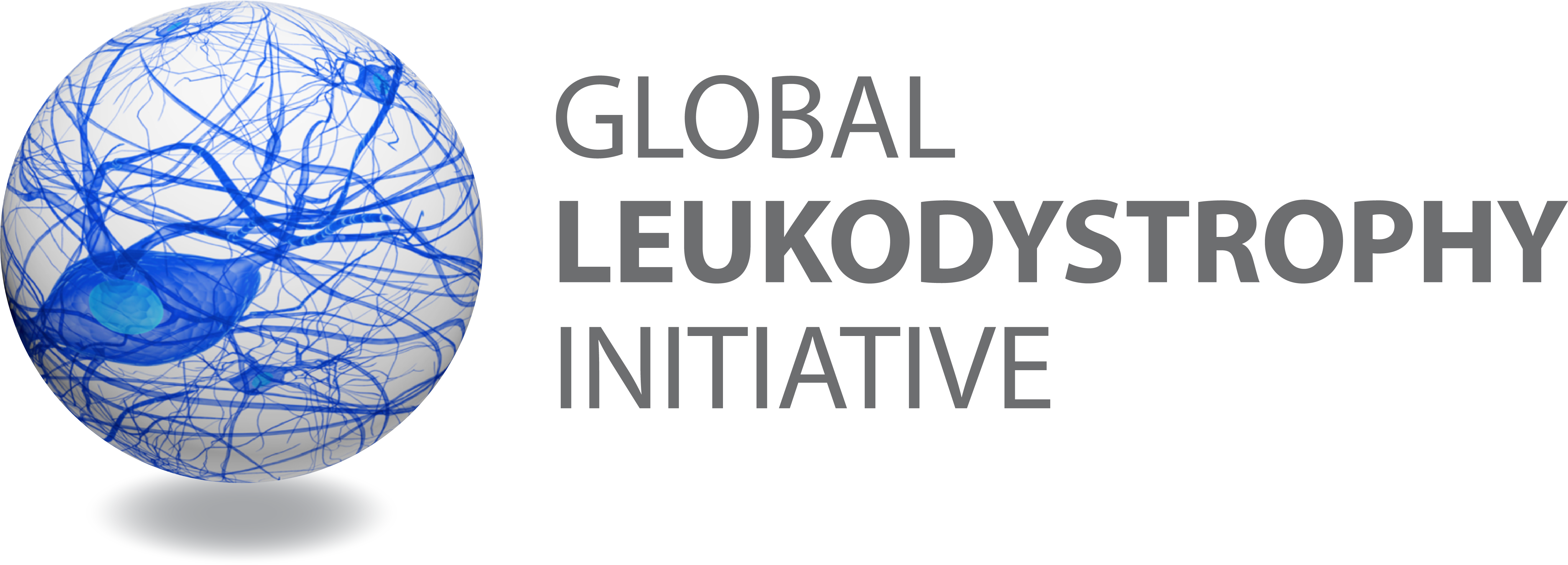Jamie L. Fraser, MD, PhD
In her role as the director of the Myelin Disorders Program at Children’s National, Dr. Fraser diagnoses and coordinates the interdisciplinary management of a cohort of patients (~250) with rare disorders of white matter development, turnover, and degeneration. Most of these rare disorders of brain degeneration also lack adequate therapeutic strategies to protect the brain, and therefore, most patients die before they reach adulthood. Development of novel neurotherapeutics for these disorders remains imperative, and bench-to-bedside studies expedite future therapies for these patients. To advance these goals, she is the principal investigator for a comprehensive natural history study of classical and genetic leukodystrophies at Children’s National, collaborating with the GLIA consortium to maximize data collection and analysis of these ultrarare disorders. Dr. Frazer also maintains a direct collaboration with Dr. Adeline Vanderver on several disease-specific studies.
Dr. Fraser’s clinical and research interests focus on elucidating the pathophysiological mechanisms underlying neurologically-manifesting inborn errors of metabolism (nIEMs) and development of new treatment strategies to prevent the neuropathology caused by these disorders. These patients develop movement disorders, spastic quadraparesis, seizures, and in some disorders, progress to coma, and even death. Both her research and clinical practice seek to develop sufficient biomarkers to prognosticate outcomes and identify pathways for therapeutic intervention as well as provide a framework of care focused on the whole patient-family unit to best prepare families for living with rare, neurodegenerative diseases. Her research interests focus on the mechanisms of brain injury and associated inflammation, neuroplasticity, and endogenous repair within the developing brain coupled with functional neurobehavioral studies in affected animal models. Dr. Fraser developed models of nIEM-related brain injury by identifying a particularly vulnerable developmental period to generate a reliable and reproducible model of neurological injury in our mice and established the neurobehavioral phenotype in optimally managed mice without acute brain injury. She also developed a pluri-potent stem cell model to recapitulate cerebral and midbrain development.
Dr. Fraser will serve as a co-investigator for Project 1.

